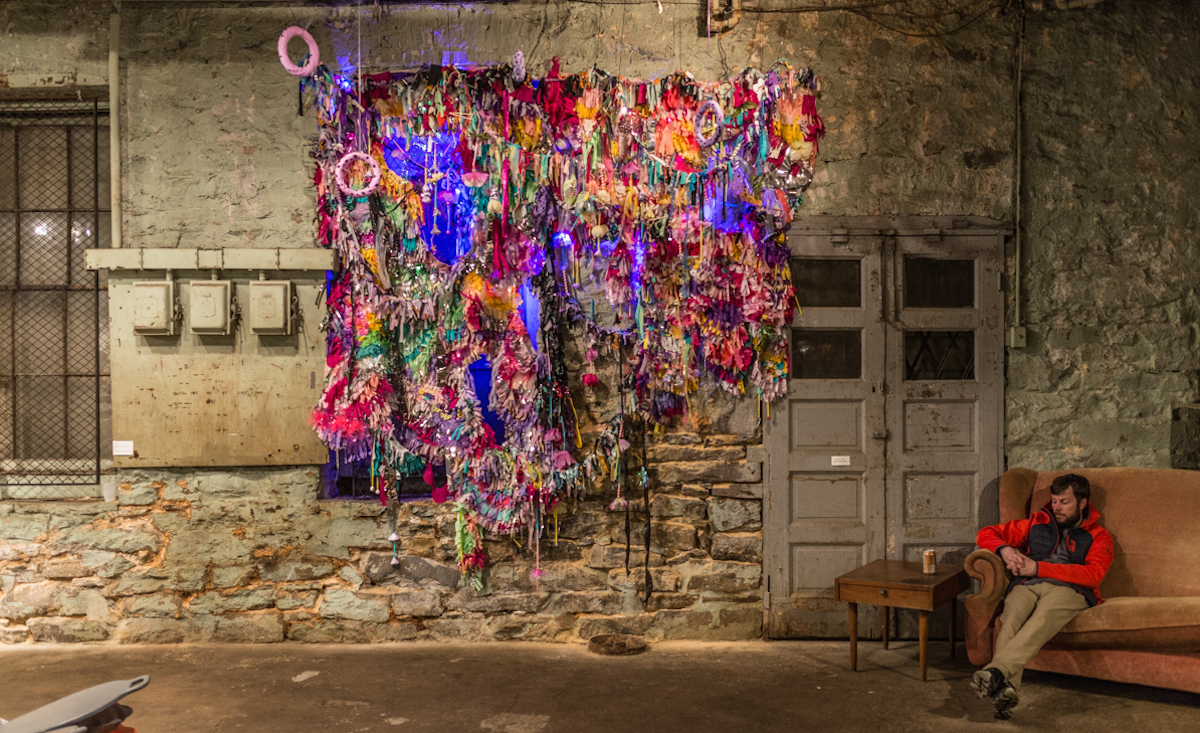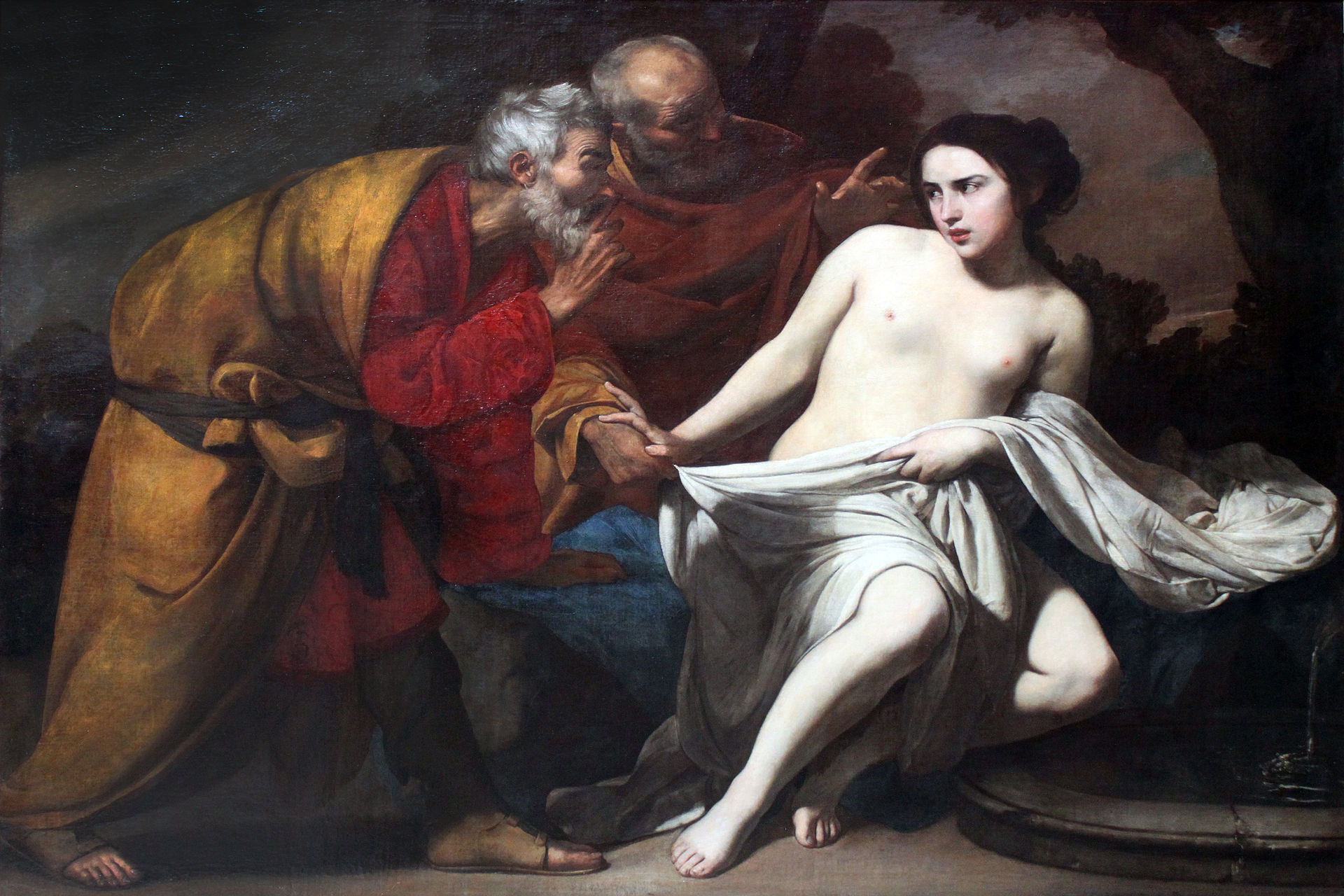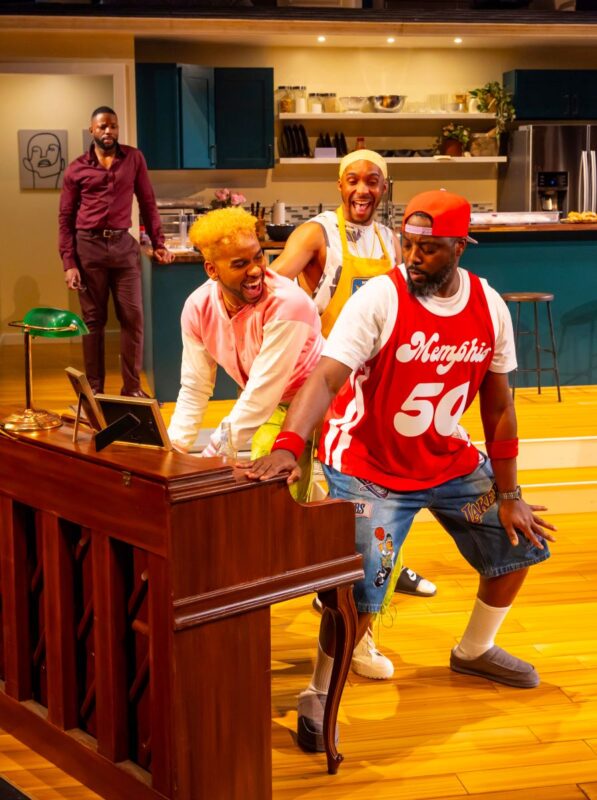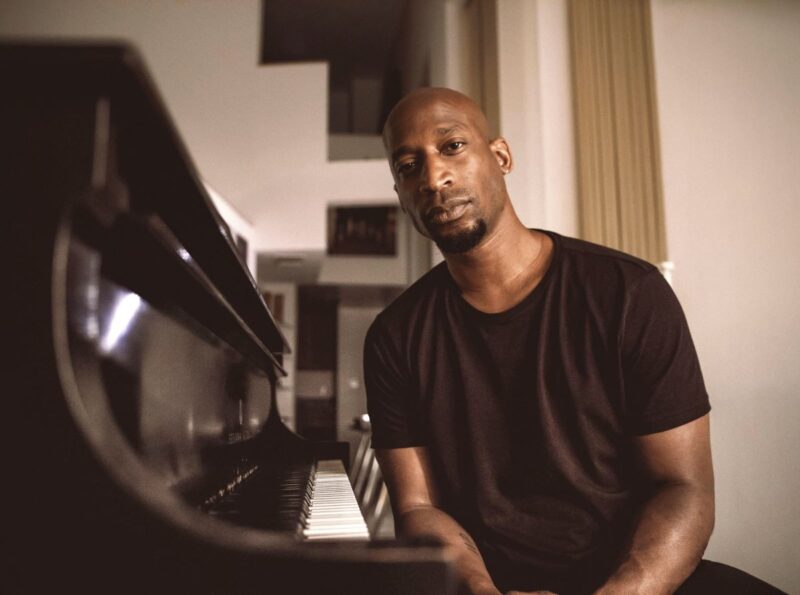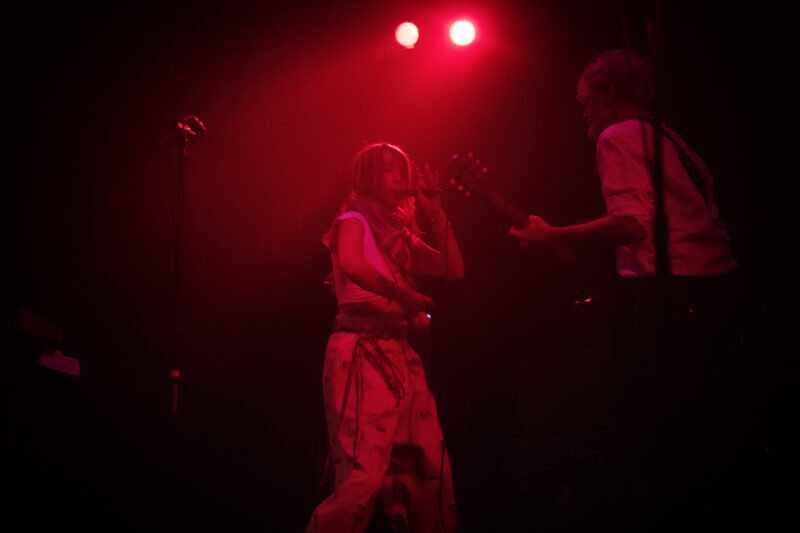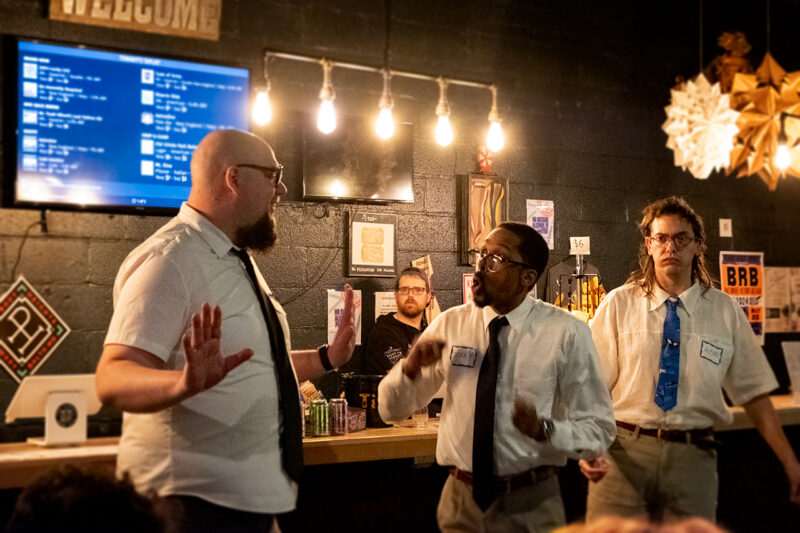Baltimore Concert Opera’s First American Opera Fits Today’s Political Climate by Samantha Buker
Just five years ago, an opera about McCarthyism would seem out of date. Its rural Tennessee setting would have seemed unquestioningly quaint. But it’s 1950 again in America, yet our commander-in-chief is no Eisenhower. His wife is no Mamie. (And perhaps, this time, we’ll be friends with Russia instead.)
Today’s targets are the likes of Planned Parenthood. Imagine being asked before Congress: “Did you at any time receive services from PP? Did you at any time write at check to PP?” Is this our future? How do we fight it? If we pay attention, Susannah, the protagonist of Carlisle Floyd’s 1955 opera of the same name, paints our plight in vivid, colloquial harmonies.
This week, Baltimore Concert Opera invites listeners to New Hope Valley. Susannah enjoys the sort of hardscrabble life that politicians always claim they (or their beloved parents) had. Her brother is a drunkard, but a lovable one. The town is narrow-minded and isolated, but does know how to have a good square dance. It’s a world, just like ours, where at least one woman is finally demanding control over her life and her body.
“These are all people that we know and recognize,” says Robert Wood, conductor of Susannah. “There are a lotta jerks out there.” Case in point, Reverend Olin Blitch.
Floyd’s charismatic, transient preacher-man is very much a part of our present swirl of demagoguery and abuse of influence. He’s a soul-saving sort of man who makes everything — especially for Susannah — so much worse. BCO’s star, Ben Wager, calls it a “dream role.” Blitch’s morally ambiguous stance, as imagined by Floyd, makes a fully dimensional opera character. The role is a vocal goldmine, where Wager must launch from the very base of his register straight into his highest. While Wager won’t miss his notes, you’ll sense that stretch, the vacillation and uncertainty in his character. Yet, we also see in the desperate Blitch something one wishes would dawn on our present White House occupant: humility after transgression.
 Susanna and the Elders (1610) by Artemisia Gentileschi
Susanna and the Elders (1610) by Artemisia Gentileschi
Political overtones are not amiss. Floyd commented that McCarthy “permeated everything at the time. The idea that accusation was all that was needed as proof of guilt. It terrified and enraged me.” You can hear that terror in the deliberate, spare dissonances: vocalists cry out alone, unsupported by any other instrument’s tonal lines.
In this work, compared to its Biblical precedent in the Book of Daniel, Susannah is not saved. When she is accused falsely, she stands alone. Her brother will come too late. There is no learned judge, as Daniel was, there is only we, the audience.
Floyd removes all divine intervention. Only human fallibility and weak wills remain. Her brother will ask her why she lets a most awful thing happen, one of the worst that can befall a woman beside death: rape. She will cry: “Why! Why! ’Cause I was tired! That’s why! Tired of fightin’ and tired of livin’ in a world where truth has to fight so hard to git itself believed.”
Still all is not darkness. Maestro Wood’s top three musical moments include both of Susannah’s big arias. “Ain’t it a pretty night” is pure, transcendent beauty that glides and soars. “The trees on the mountains” which, Wood describes, “sounds like a tune you know, but isn’t.” And there’s the Revival scene. A glorifying chorus leads to a terrifying call to Susannah to admit to a scandal. That scandal explodes with a false accusation from her friend, Little Bat.
She committed a single act in pure privacy: bathing naked in the “crick” where four church elders just happened to be scouting to hold baptisms. Susannah is blunt about the way men treat women – the curse of being objectified and then not being believed. She’s always her brother’s “little sparrow” or “little robin.” The four elders, Mclean, Hayes, Ott and Gleaton, call her “wench,” “evil,” “devil,”and say the whole valley must be told.
“It’s a shameful sight,” sings Gleaton, as he keeps staring. It makes one think of the recent revival in fortune of a political fella like Newt Gingrich. The gossiping neighbors who fill the revival sound just like that hoard of friends on Facebook suddenly unfriending, bullying, or trolling over all political and social differences. The preacher Blitch fails her worst of all. He doesn’t believe her — and then he objectifies her. Not even God seems concerned over the fate of Susannah. Yet, in the end, she proves stronger than anyone in the whole opera.
 Susanna and the Elders by Guido Reni (1620-25)
Susanna and the Elders by Guido Reni (1620-25)
Similarly, you won’t hear a stronger voice in BCO’s production than Maryland native Colleen Daly who sings the role of Susannah. Maestro Wood enjoyed working with Daly before, with her “lovely, easy voice.” She’s a full lyric soprano well-suited to American opera. “Also,” Wood notes, “She’s very beautiful like Susannah Polk – a beauty who isn’t posing and aware of it.” Not your textbook diva, nor was Phyllis Curtin who first created the role in 1955.
This landmark of American repertoire is Baltimore Concert Opera’s first English language presentation and its first opera by a still-living composer. “Looking back,” Wood says, “it’s an exception for any culture to be programming works not in their own language — or translating into it. We used to here, in America, but then a purist streak struck that hasn’t quite let up.”
The strength of concert opera is that it is truly about the music. “You can focus,” says Wood, “on the beauty of the score, the voice, without getting distracted. And the singers,” he admits, “can just sing.”
You’ll also hear, in addition to James Harp’s far-ranging accompaniment, the page turner double as a fiddler. Musically, think Aaron Copland with a cutting razor edge.
The opera ends with bitter laughter. I won’t say whose. But you will leave BCO’s Engineer’s Club ballroom ready to do something to help a woman like Susannah. Will you write a check? Will you take a train to D.C. for another round of protests? Will you volunteer at one of the many causes around Baltimore supporting women of all classes and conditions?
Do it in Susannah’s name.
 Susannah and the Elders by Giuseppe Bartolomeo Chiari (late Baroque) at The Walters Art Museum.
Susannah and the Elders by Giuseppe Bartolomeo Chiari (late Baroque) at The Walters Art Museum.
****************
Samantha Buker is a Baltimore-based writer, editor and artist of 7 Veils Studio. She curates a monthly music series, Thrive Music Live @ Jordan Faye Contemporary and is Vice-President of Occasional Symphony.
Baltimore Concert Opera’s Susannah is happening on Feb. 24 at 7:30 p.m. and Feb. 26 at 3:00 p.m. in the Grand Ballroom at The Engineers Club – 11 W. Mount Vernon Place
Tickets: http://www.baltimoreconcertopera.com/susannah/
Top Image: Susannah and the Elders by Massimo Stanzione.
